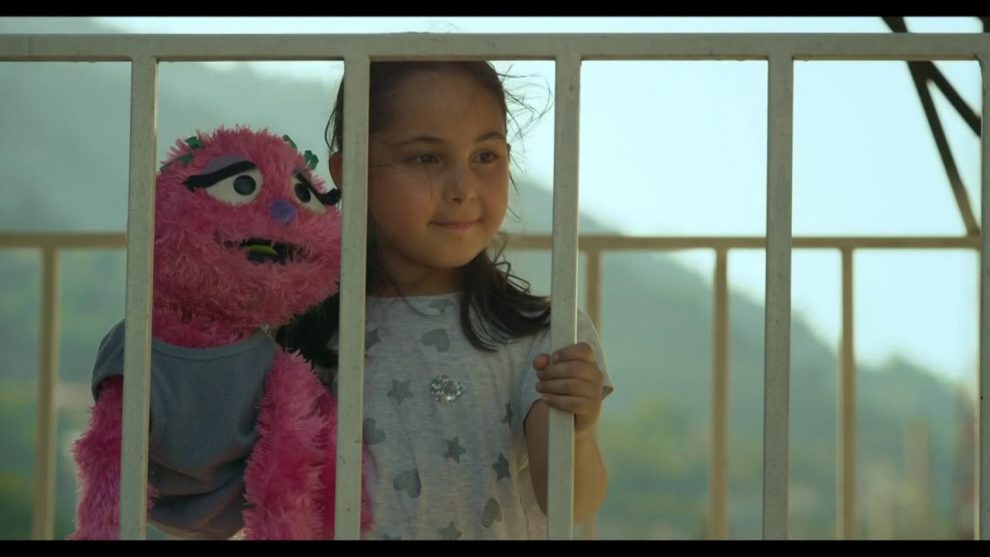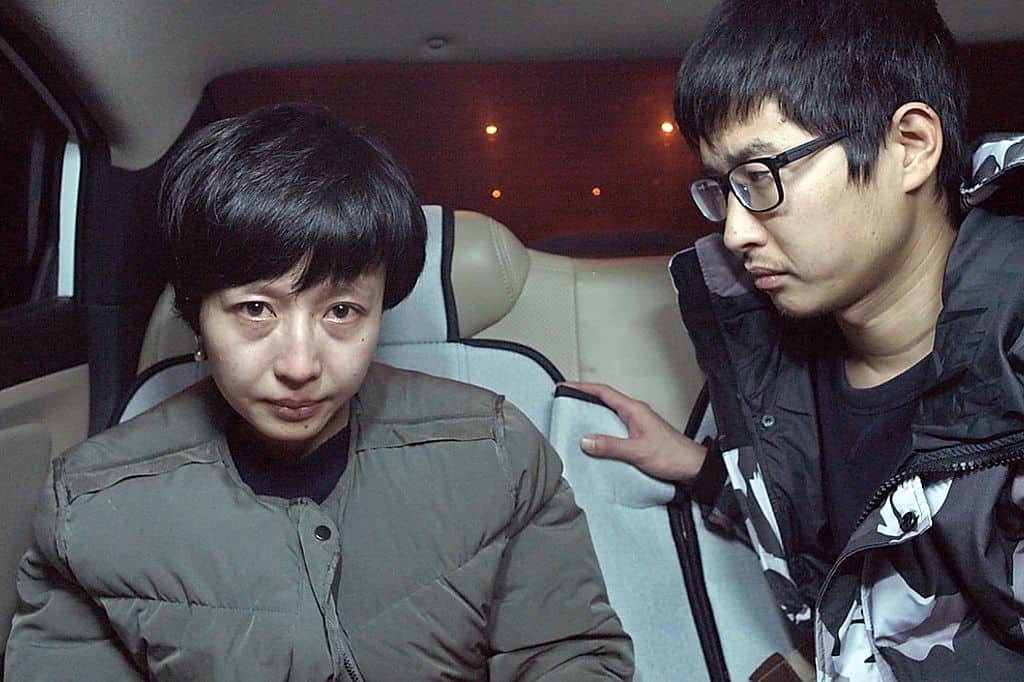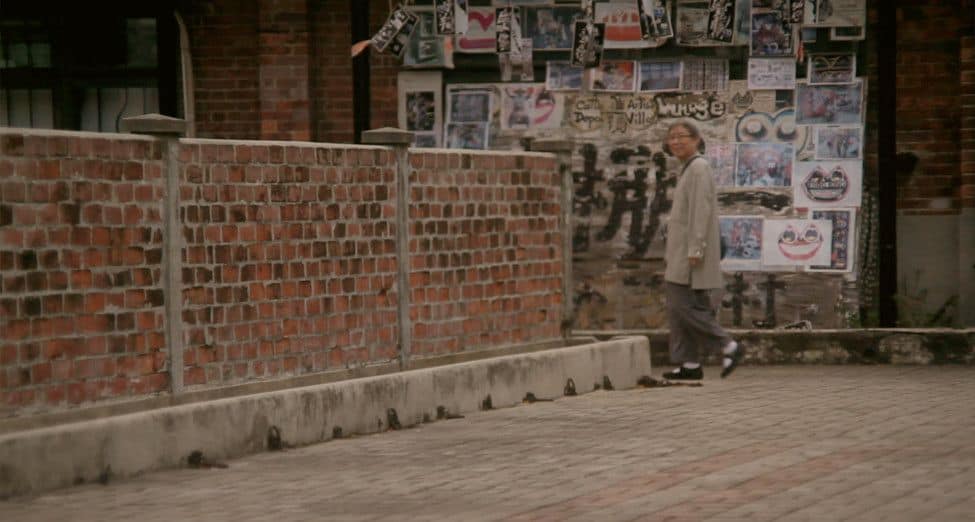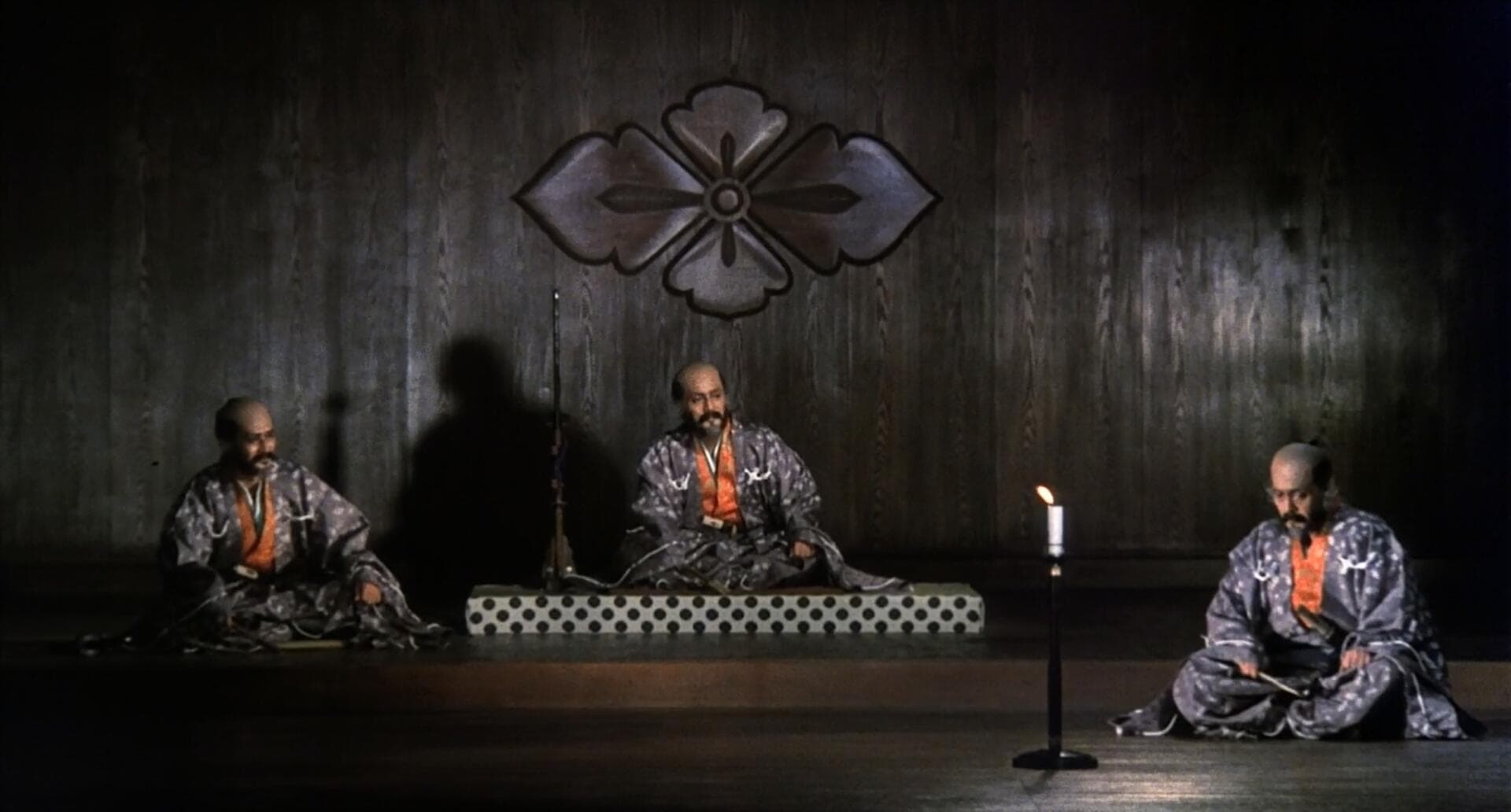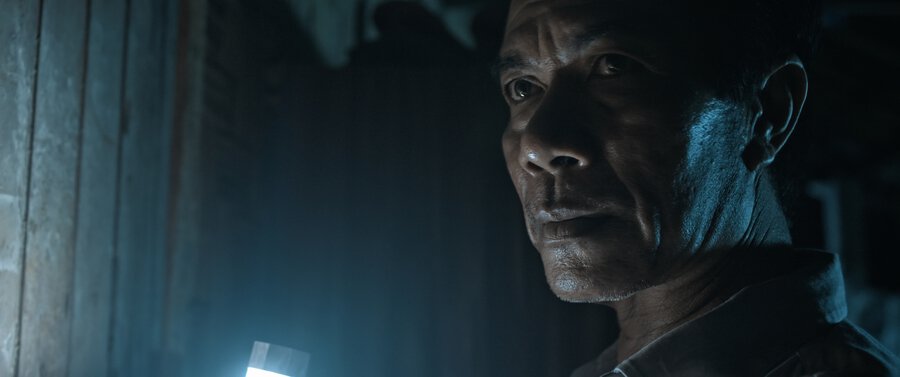Even in the most desperate times, stories can bring solace and comfort to people who might be in need of those feelings. At the same time, within a safe fictional environment, we might be able to deal with emotions like fear and anxiety, or at least explore ways of coping with them in a constructive way, while also looking for ways to understand matters which we cannot comprehend in the real world. Especially for children stories remain one of the key factors in understanding our world and use their own imagination, a concept which is at the core of Iranian director Hamidreza Ghotbi's feature “That Night's Train”. The film, which won the prestigious award for Best Film at Roshd International Film Festival, deals with the power of stories, their way of making us understand the world and ourselves.
On their way back from visiting their mother's grave, five-year old Banafsheh and her grandmother (Maryam Boubani) meet a teacher (Behnaz Naderi) on the night train back home. In the conversation the teacher, who has come from the city to start a new life in the country, learns that Banafsheh's mother had died after childbirth, making the young girl a half-orphan. Touched by the story and the kindness of the girl, she gives her a stuffed toy and promises she will visit her family the next Friday after school.
However, during her first week at the new school, she loses her cell phone as well as the number of Banafsheh's family. Feeling guilty, she begins telling the story about a teacher meeting a young girl on a night's train to her class and asks her students to come up with ideas to finish the tale, an exercise which quickly becomes a popular challenge among the boys who even start competing on who has the best ideas. Meanwhile, Banafsheh waits for the call of the teacher with her grandmother and her father (Afshin Hashemi) at a loss on how to calm her down or distract her. Eventually, Banafsheh decides to take matters into her own hands and starts looking for the teacher herself, with the help of her friends.
At the core of Ghotbi's feature we find the contrast between the adult world and the one of their children, one defined by imagination and a strong will. Living without a mother and a father whose job has him working almost all day in a mine shaft, Banafsheh has created a world of her own in which the encounter with the teacher now plays an integral part. While the adults seem to have given up changing their lives for the better or have grown accustomed to the way things are, the child is unable and unwilling to give up so easily, even if that means scrutinizing every train stopping at the nearby station.
Essentially, “That Night's Train” is about the way we reduce the world around us by creating borders, emotionally as well as otherwise. While in the child's mind the world is more open, the adults in the film seem to be restricted in many ways, for example, when we get to know Banafsheh's father and her grandfather have not been talking since the death of her mother, blaming each other for the incident. Imagination and the power of telling stories may overcome these obstacles or at least show a possibility of reducing them, which may be the motivation for the teacher when she gives this assignment to her students, that eventually becomes increasingly serious for the whole class.
In the end, this approach to the idea of storytelling also manifests itself in the narrative of “That Night's Train”. On several occasions, you will find yourself wondering whose story you are following, the one told from the perspective of the “real” Banafsheh or the version the students have come up with. While this is certainly an interesting idea, it is also quite confusing at times, leading to the question if a little more structure might have benefited the movie.
In conclusion, “That Night's Train” is a sweet tale about the curiosity of children, their imagination and the power of stories. Hamidreza Ghotbi tells an interesting story with a certain formal playfulness about a young girl's search for her own tale to tell, and perhaps a good ending too.


